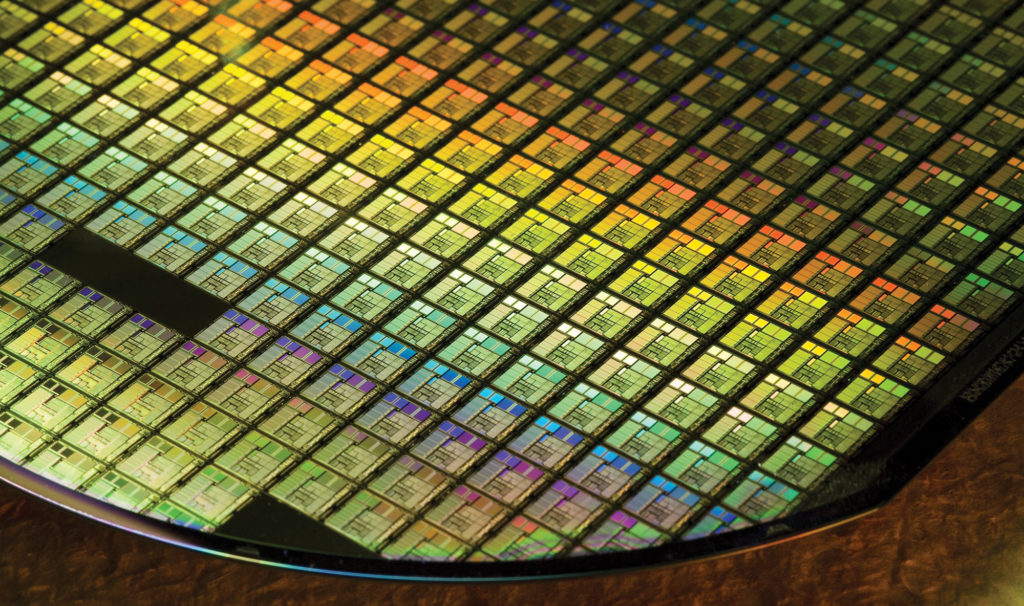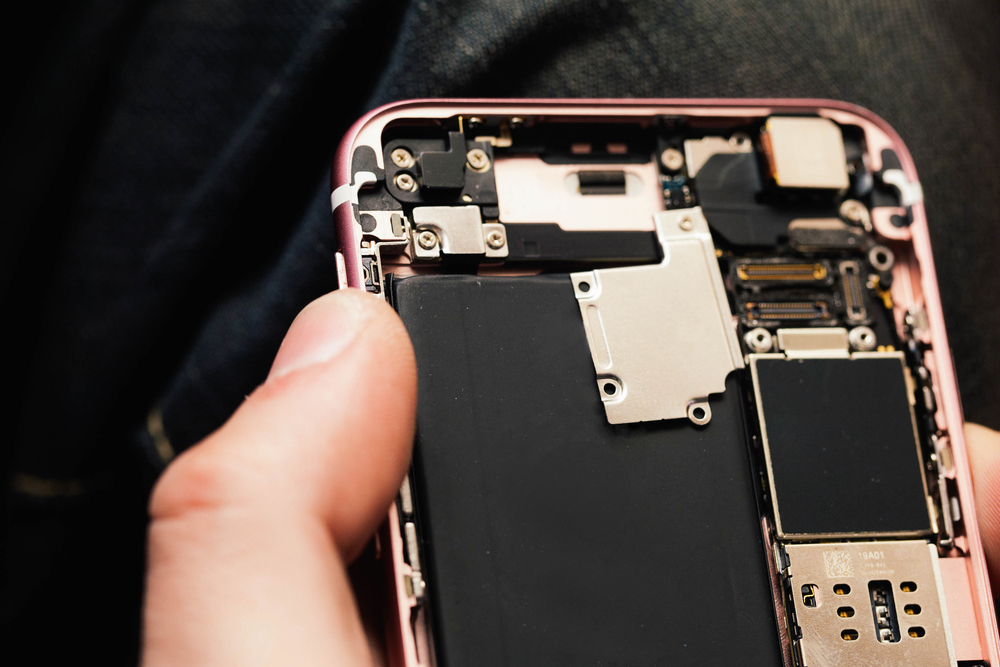Apple is gearing up to start the large-scale production of its upcoming iPhones, which will replace the existing iPhone.
[fvplayer id=”1245″]
A report from Bloomberg explains that TSMC (Taiwan Semiconductor Manufacturing Company) is ready to start the mass production of Apple’s indigenous A13 SoC.
All new and improved A13 Chips
DigiTimes reported citing a Chinese Business newspaper Commerical Times that the A13 is a 5nm processor.
The A13 chips had been in the production test since April 2019 and will be mass produced in the next few months. Recent reports hint that TSMC is working on setting up the 5nm production chains with low-volume production

The new 5nm chips are supposedly being made using the Extreme Ultraviolet Lithography process called N7 Pro or N7+.
This new process is touted to improve the precision of manufacturing and potentially to increase the density and performance while reducing the power consumption and heat in the iPhone XI.
Interestingly, Extreme Ultraviolet Lithography has been on the charts of semiconductor manufacturers for over a decade.
However, EUV was not used until now due to the complexity and technical advancement in the manufacturing process.
What does this mean for the iPhone?
As reported by DigiTimes, TSMC plans to bring the 5nm Extreme Ultraviolet Lithography process to volume production by 2020 is on track.

It also reports that TSMC will secure the first 5nm chip order from Apple. Apple is expected to use these chips in its iPhone lineup of 2020.
The 5nm chips are expected to boost the performance of the iPhone 11 significantly.









